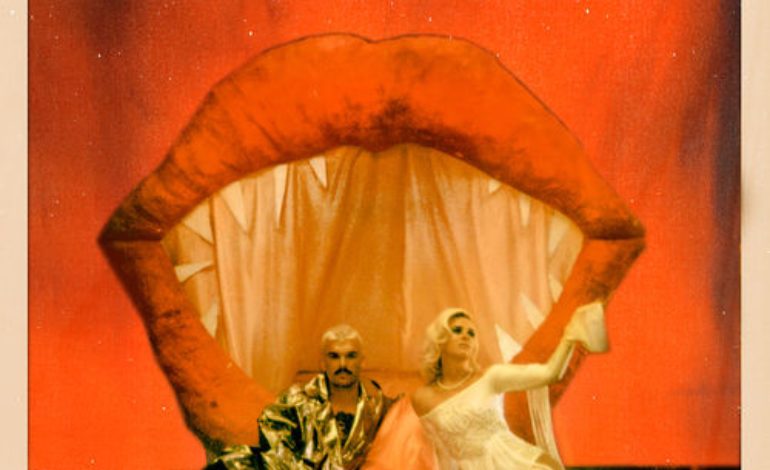

The monster is satiated
Broods is an electropop duo consisting of brother and sister Caleb and Georgia Nott. They are among the top ten musical exports from New Zealand, according to Spotify stream counts. While Broods hail from New Zealand, their music finds more similarity with that of Swedish hitmakers. The duo follow the Knife format of the sister (in this case Georgia) performing lead vocals. Don’t Feed the Pop Monster is Broods’ third full-length album.
On this latest album, Broods attempt to widen their musical net and go beyond the club-friendly dancefloor numbers on which they made their name. In comparison with Broods’ previous release Conscious, Monster branches out sonically; there are songs that feature sudden musical shifts, quieter and subtler numbers and even rock-influenced tracks that include guitars. This sonic change of pace accompanies a maturation in perspective, as the duo try to get more emotional. Thematically on Monster, Broods are inspired by their lives in the music industry and the well-worn tale of the highs and lows of the limelight. In particular, the duo are speaking about their livelihood’s impact on their psyches and mental states.
The first third of the album is solid. “Sucker” is an upbeat track with a warm, fuzzy feel, and Georgia sounds a lot like Danielle Haim, with her smoky middle register. The next song “Why Do You Believe Me?” is downtrodden. Georgia’s voice is layered and treated with effects to sound distant and forlorn. The next track “Peach” is one of the more enjoyable yet perplexing tracks on the album. The hook is absolutely fantastic, the melody is killer, the vocal performance is captivating and a sample of what sounds like kids cheering adds an extra explosive element. But the song has several sections, each of which has a different vocal style. On the first verse, Georgia sounds like a singer-songwriter baring it all; on the pre-chorus, Georgia sounds like she inhaled helium; and on the bridge, vocals are layered into a heavenly choir. As a result, the song feels jumbled and unfocused; Broods should have whittled down their vocal ideas to one or two of their favorites.
Broods go quiet again on the next track, “Falling Apart,” which features beautifully layered vocal harmonies and a sharp synth line. Georgia sings about a crumbling relationship, and her pain feels real. Other tracks, like “Everytime You Go” and “To Belong,” are not as impressive. The beats are more sluggish, and the vocal performances are not as strong. Caleb’s performance on lead vocals on “Too Proud” is subpar; his voice is pretty anonymous, and when he tries to emote he is not as convincing as his sister.
Broods pull out more ideas further into the tracklist. “Old Dog” combines heavy guitars with bratty female vocals. Georgia owns the imperfections in her voice, and it makes her an incredibly captivating frontwoman on this track. Broods bring it back to the ’80s on the track “Hospitalized,” with the use of bright guitars and synths, rubbery bass and echoey percussion. “Dust” is an anthemic song with life-affirming vocals and roaring leads that might have been able to become a radio hit in the ’90s.
The closer “Life After” is a romantic and dreamy ballad that would make Beach House jealous. Vocals cascade over vocals, and synths swirl beneath with a shuffling beat. The song truly envelopes the listener in a warm embrace. One of the greatest moments of the album is when Georgia purses her lips on the word “home”; the mix positively rumbles.
This album contains quality sounds and well-constructed beats. Georgia’s voice is probably the standout ingredient of the album; it is full of personality, and despite being used in so many ways, it pays off every time. However, the album as a whole is like the song “Peach”; since Broods are trying to pack in so many disparate ideas, the songs do not flow naturally into one another. It is admirable that Broods are trying out new things, but they still need to hone that experimentation into an album that works together rather than fighting with itself.
